English 1011-OL Randhawa Assignment #2: Lodovico's Role in Othello
VerifiedAdded on 2023/04/21
|5
|940
|287
Essay
AI Summary
This essay delves into the significance and dramatic purposes of Lodovico in William Shakespeare's tragedy, "Othello." The paper explores Lodovico's role as a Venetian gentleman and witness to the play's climactic events. It highlights his function as a messenger from Venice, his role in witnessing key moments such as Othello's reaction to Desdemona's supposed love for Cassio and his involvement in the discovery of Iago's treachery. The essay examines how Lodovico's presence influences the unfolding tragedy, particularly in revealing Othello's guilt and the consequences of his actions. Furthermore, the analysis includes Lodovico's role in the final act, where he uncovers evidence against Iago and ensures Othello's punishment, ultimately shaping the play's conclusion and the distribution of justice in the aftermath of the tragedy. The essay draws upon the text to demonstrate Lodovico's impact on the play's narrative, themes, and character development.
1 out of 5
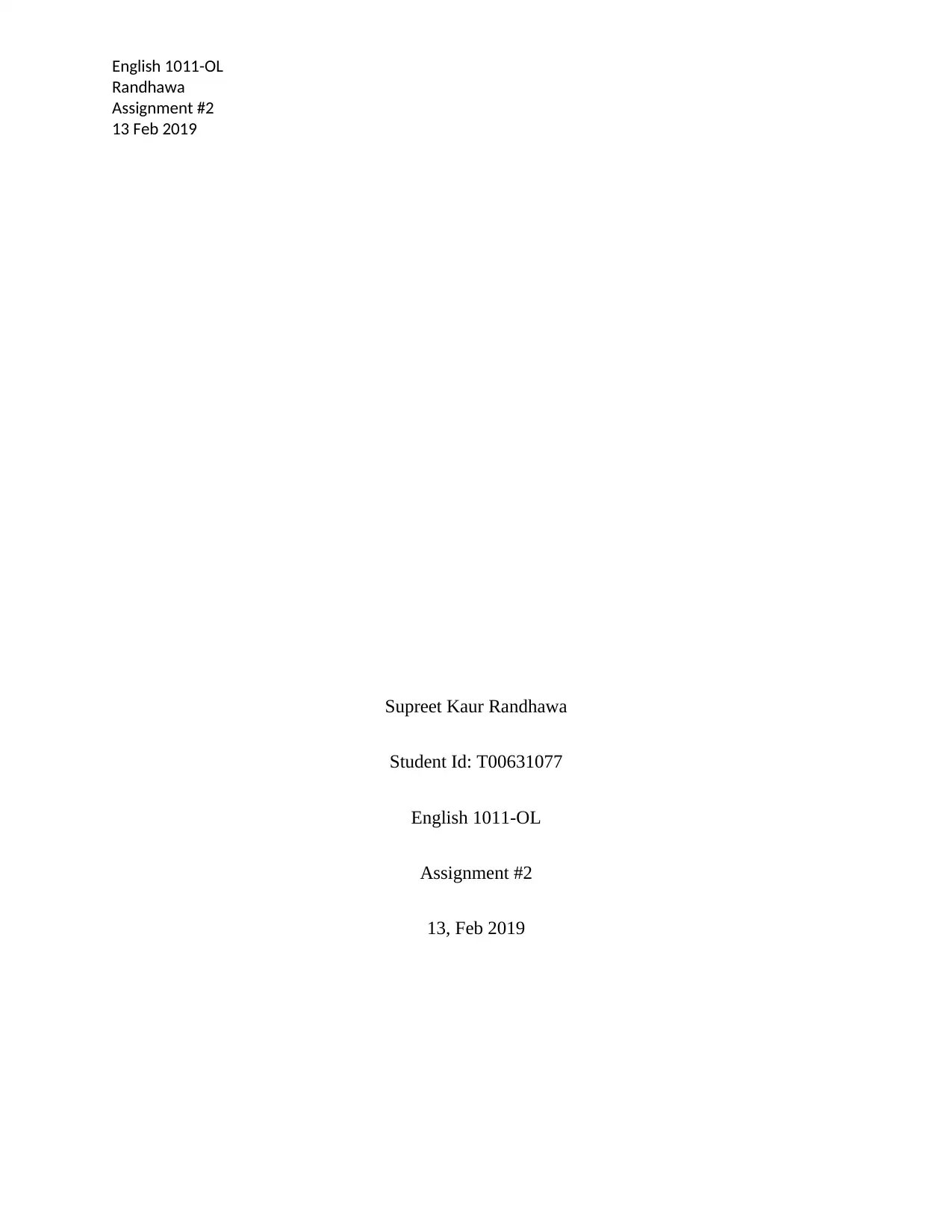
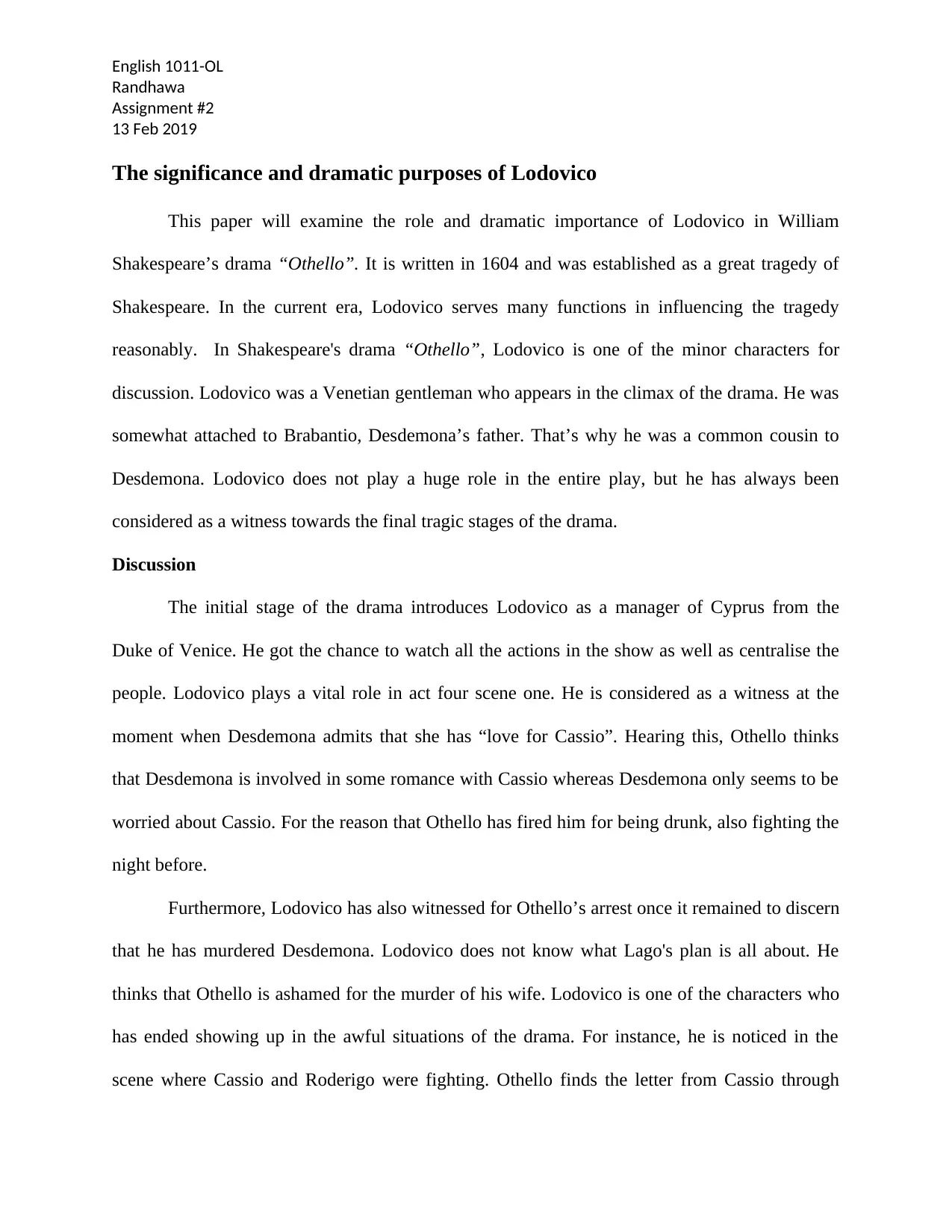
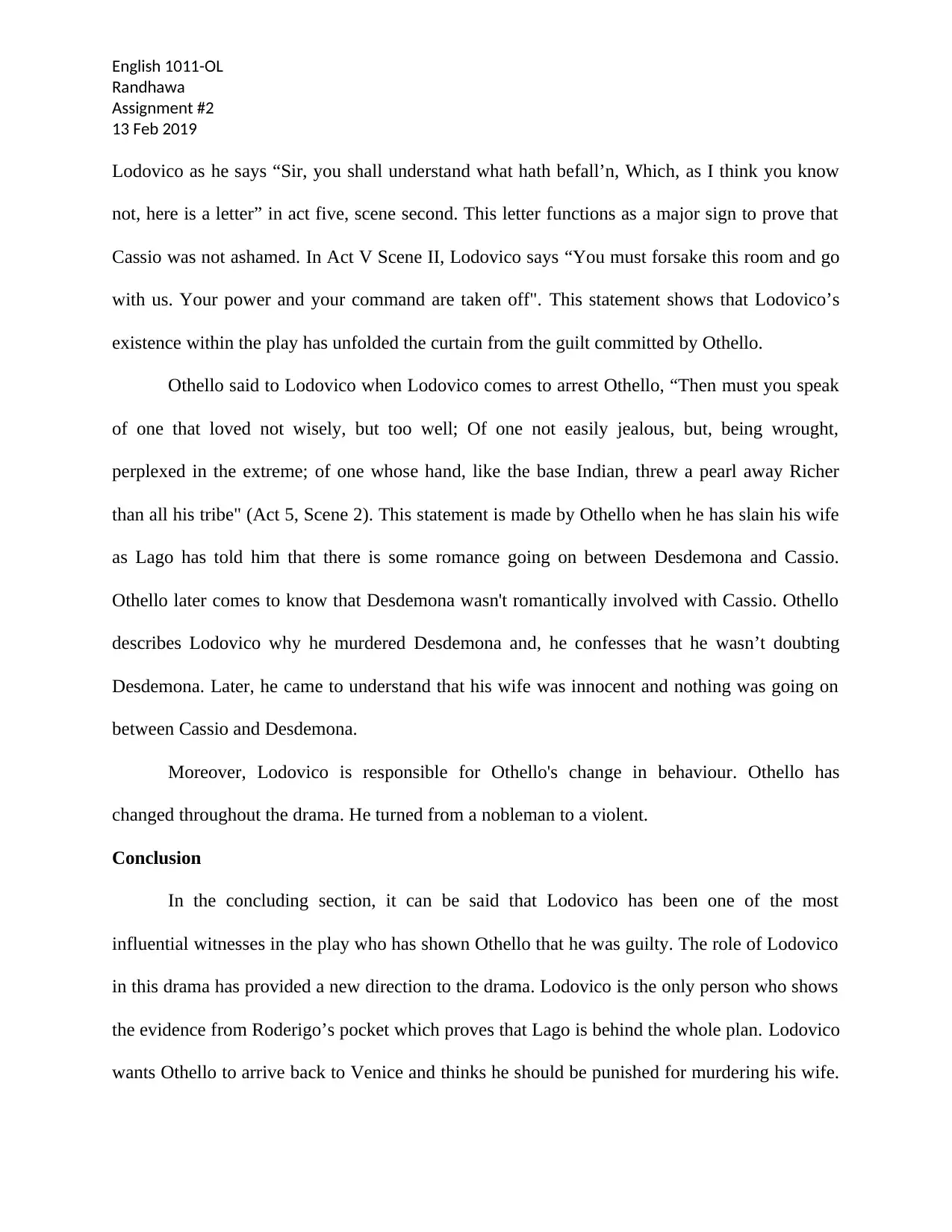

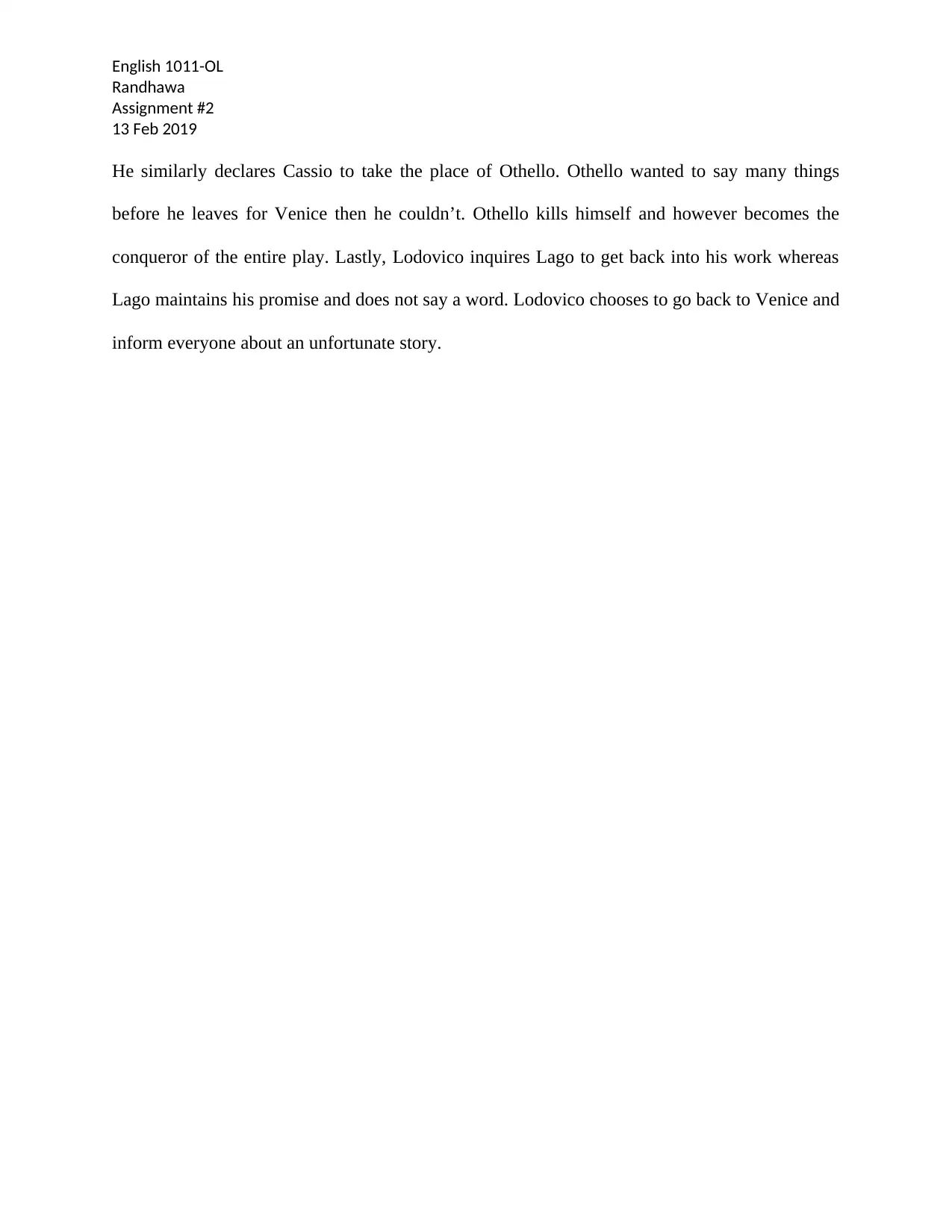
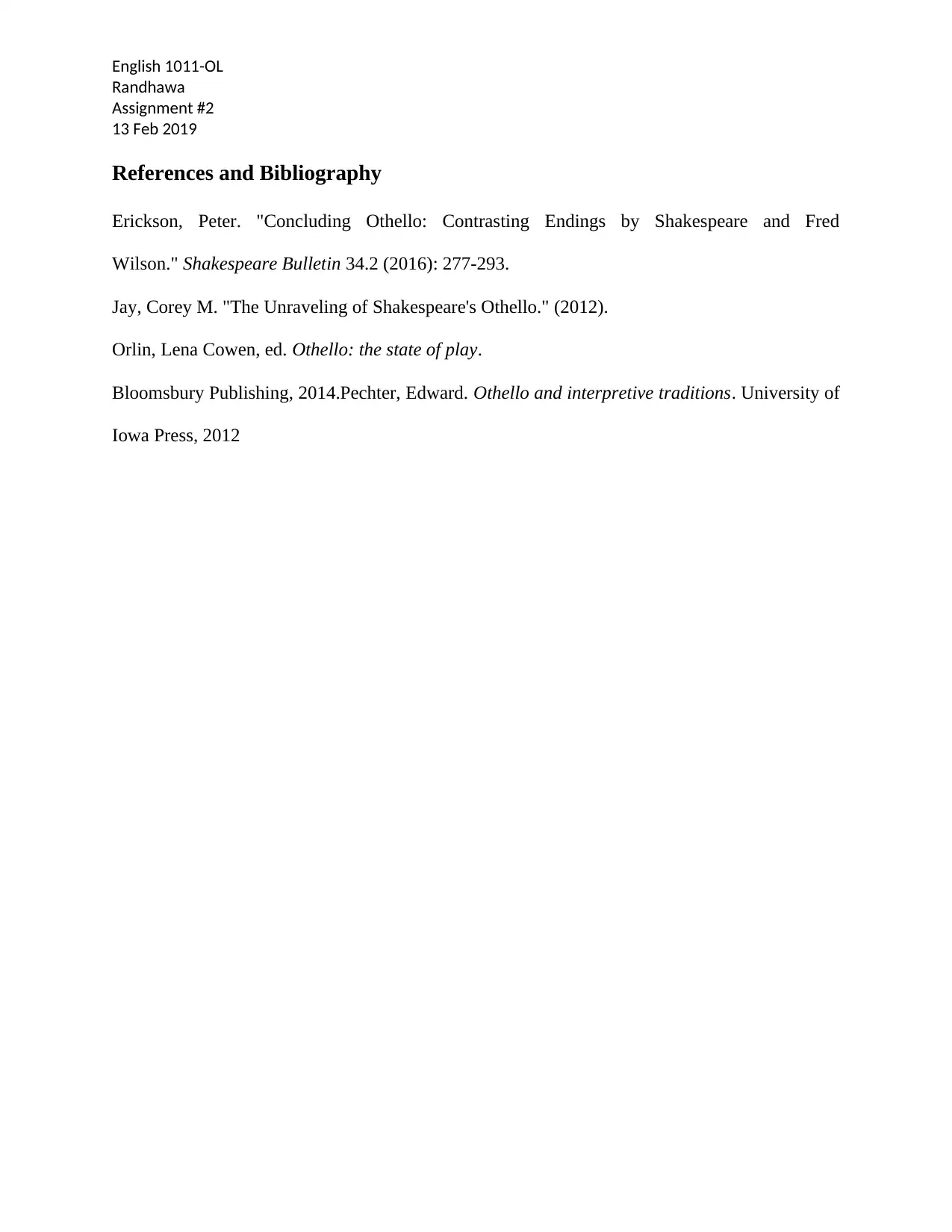



![[object Object]](/_next/static/media/star-bottom.7253800d.svg)